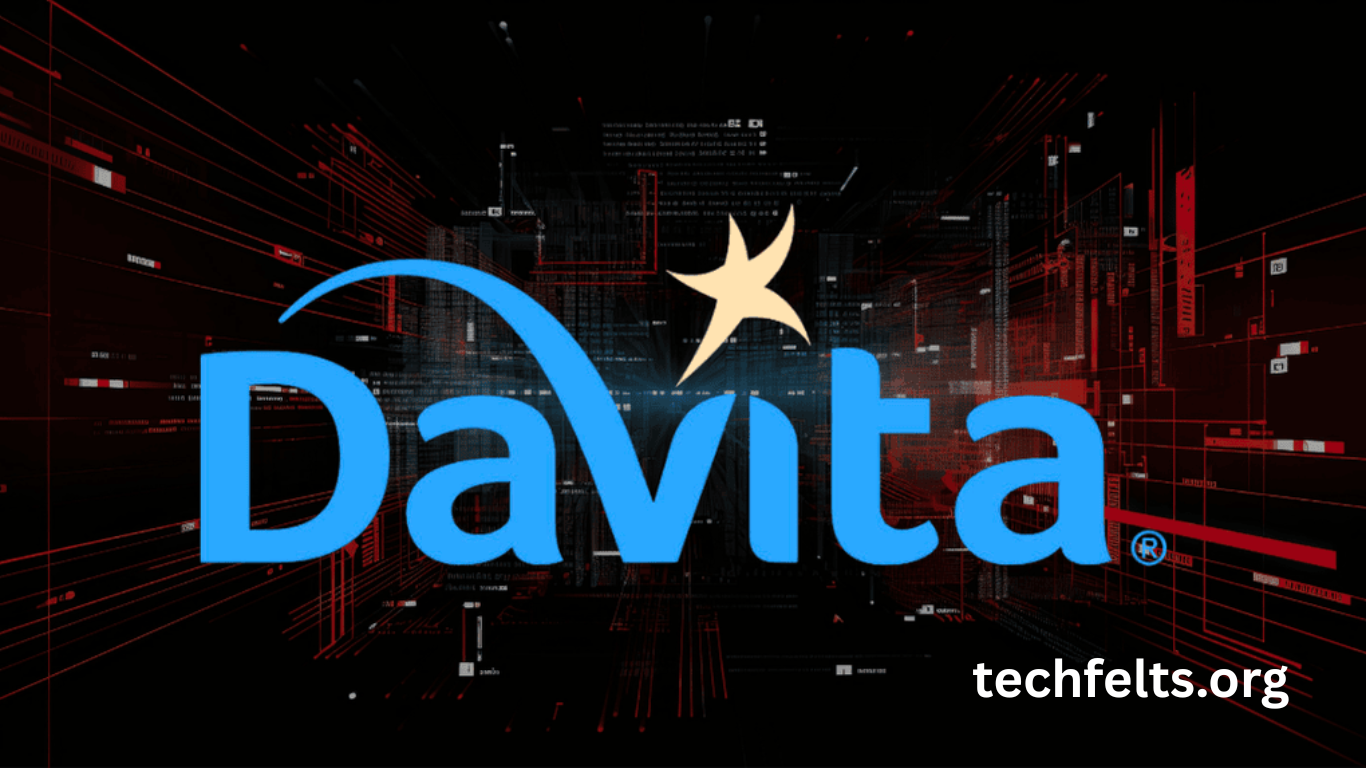DaVita Inc., a prominent provider of kidney care and dialysis services, has recently reported a ransomware attack that disrupted certain aspects of its operations. The cyberattack, which targeted critical systems within the organization, caused interruptions in service delivery and prompted immediate containment efforts. While DaVita has not disclosed the full extent of the impact, the incident has raised concerns about the vulnerability of healthcare providers to increasingly sophisticated cyber threats. As the company works with cybersecurity experts and law enforcement to investigate the breach, patients, and stakeholders are closely monitoring the situation.
Ransomware attacks in the healthcare sector have become more frequent and damaging in recent years, often putting patient data and treatment continuity at risk. In DaVita’s case, swift response measures were implemented to secure systems and restore functionality. This event underscores the urgent need for robust cybersecurity frameworks in healthcare organizations to protect both operational integrity and sensitive patient information.
How the Attack Was Discovered
DaVita identified the breach when specific systems began showing abnormal activity. Their cybersecurity team responded by initiating protocols to prevent further compromise, while external cybersecurity experts were brought in to support the investigation and system recovery.
Services Affected by the Disruption
While core dialysis services reportedly remained functional, some supporting systems experienced downtime. These included scheduling, administrative platforms, and other internal operations that support care delivery and communication.
DaVita’s Response Strategy
DaVita swiftly implemented containment measures, disconnected affected networks, and started system restoration. The organization is working with federal law enforcement and cybersecurity partners to analyze the breach and prevent future incidents.
Communication with Patients and Stakeholders
Transparency played a crucial role in DaVita’s response. Patients and stakeholders received timely updates, and DaVita ensured that patient care would not be compromised despite the digital disruption affecting specific processes.
Potential Data Exposure Risks
Though the full extent of the breach remains under review, DaVita stated that it is not yet clear whether patient or employee data was accessed. The company committed to informing impacted individuals if any personal data was involved.
Read More : Chinese hackers target Russian govt with upgraded RAT malware
Industry-Wide Implications
This incident highlights increasing risks to healthcare providers and the growing need for robust cybersecurity defenses. As ransomware threats evolve, companies across the healthcare sector are reminded of their vulnerability and responsibility to safeguard digital infrastructure.
Preventive Measures and Future Preparedness
DaVita has pledged to enhance its security measures, including improved system monitoring, better threat detection, and comprehensive employee training. The goal is to strengthen resilience and reduce the likelihood of similar disruptions in the future.
Frequently Asked Questions
What is a ransomware attack?
A ransomware attack is a cybercrime where hackers lock access to systems or data and demand payment to restore them.
Did the ransomware affect patient care?
DaVita reported that dialysis services continued without interruption, though some administrative systems were impacted.
Was any personal data compromised?
The investigation is ongoing, and it is not yet confirmed whether personal data was accessed during the breach.
How did DaVita respond to the attack?
The company isolated affected systems, initiated recovery protocols, and brought in cybersecurity experts to manage the situation.
Is it safe for patients to continue care at DaVita facilities?
Yes, patient safety and care continuity remain a priority, and clinical operations were reportedly not disrupted.
Will DaVita notify affected individuals?
Yes, if any data exposure is confirmed, DaVita has committed to notifying those impacted as required by law.
What steps are being taken to prevent future attacks?
DaVita is reinforcing its cybersecurity systems, updating infrastructure, and improving internal security protocols.
How common are ransomware attacks in healthcare?
Ransomware attacks in healthcare are increasing due to the value of medical data and the critical nature of services.
Conclusion
DaVita’s experience with ransomware serves as a cautionary example of the threats facing modern healthcare systems. With critical services largely unaffected and a comprehensive recovery underway, the organization is focusing on long-term security improvements. The incident underscores the urgent need for preparedness, transparency, and rapid response strategies to protect both operations and sensitive data in a digitally driven healthcare landscape.

